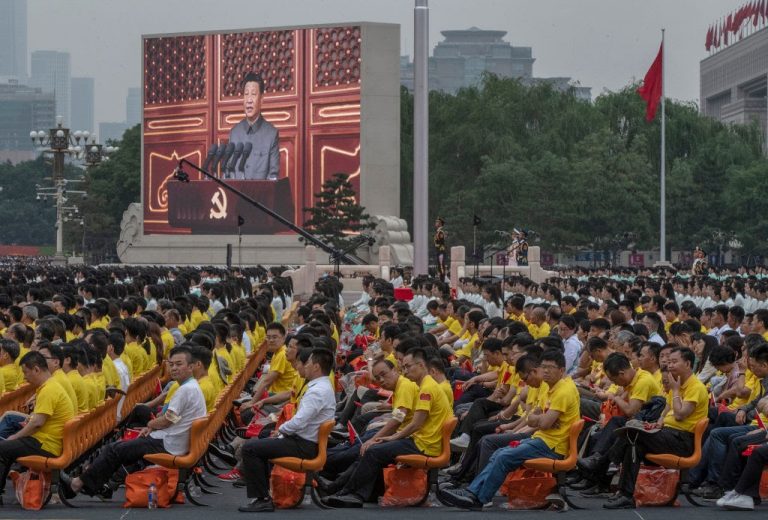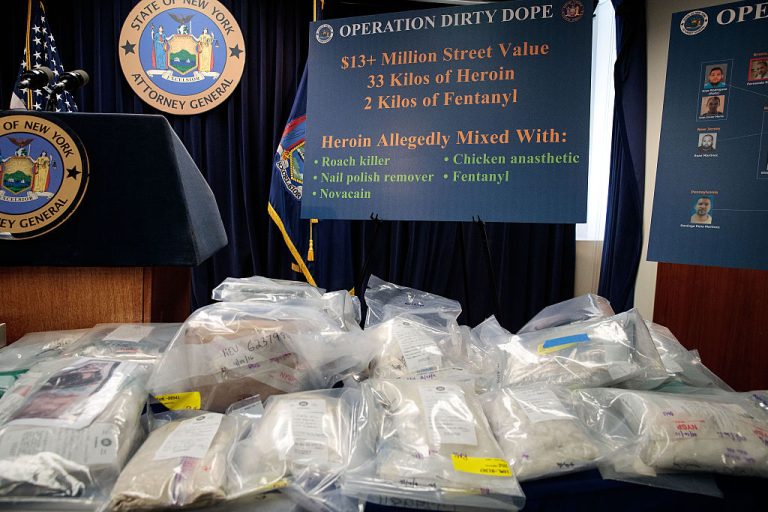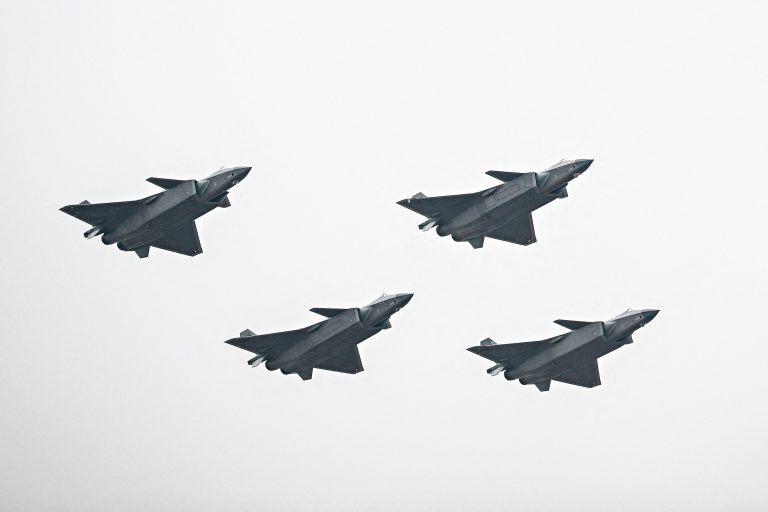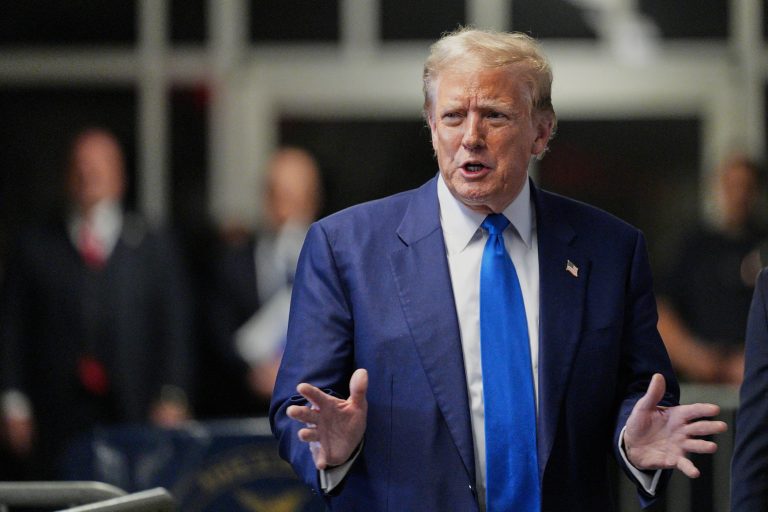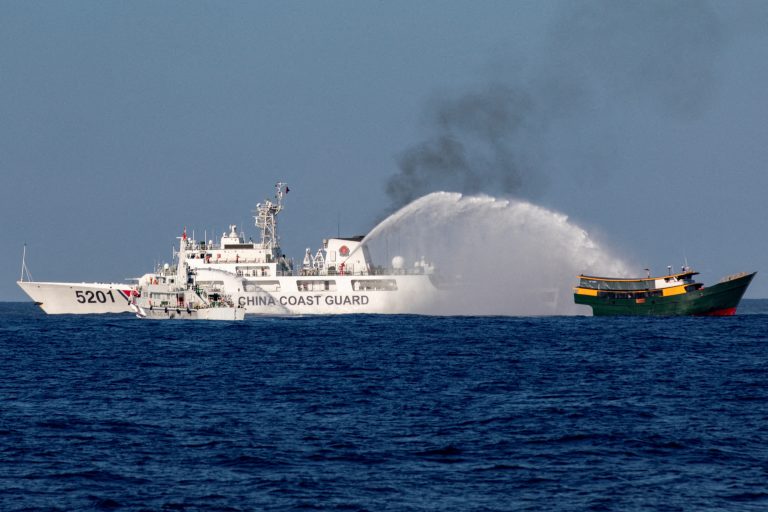Commentary
July 1, 2021 marks both a solemn and dark day for the human race: the 100th anniversary of the Chinese Communist Party (CCP), a fundamentally criminal organization that not only ruined 5,000 years of traditional Chinese culture left to posterity by a lineage of half-Divine, half-human dynasties, but whose rule created the largest death count in human history while also stoking the cinders of chaos and corruption in nearly every single country on the planet in modern times.
“China’s success hinges on the party. Any attempt to divide the party from the Chinese people is bound to fail,” President Xi Jinping told a crowd of 70,000 notably unmasked observers at Tiananmen Square during an hour-long address. Xi’s words ring loud and clear that the regime’s current figurehead still believes he can maintain his increasingly tenuous grip on power through the Party’s domestic and international control apparatuses.
According to central propaganda outlet Xinhua, Xi paid homage to “All the struggle, sacrifice, and creation through which the Party has united and led the Chinese people over the past hundred years,” claiming the regime’s efforts have been “tied together by one ultimate theme — bringing about the great rejuvenation of the Chinese nation.”
Specifically, Xi praised his predecessor Mao Zedong, a heinous mass murderer who left by some estimates a wake of as many as 80 million unnatural graves through a combination of direct murders in the Cultural Revolution and the famine caused by the bogus Great Leap Forward campaign, and Deng Xiaoping who is attributed with the Tiananmen Square Massacre.
Success
You are now signed up for our newsletter
Success
Check your email to complete sign up
Xi also claimed “Any attempt to divide the Party from the Chinese people or to set the people against the Party is bound to fail,” claiming neither CCP adherents nor common citizens “will never allow such a scenario to come to pass.” The President’s statements were made in the same breath as a call to continue to cement Marxism throughout the country.
The presence, or lack thereof, of Party elders at the Centennial speaks volumes about the current situation of factional struggle and infighting Xi is facing at the highest levels of the CCP. According to South China Morning Post, while Xi’s predecessors Hu Jintao and Wen Jiabao attended Wednesday’s theatrics in Beijing alongside 104-year-old former Politburo Standing Committee member Song Ping, notable was the absence of Xi’s rival, former CCP leader 94-year-old Jiang Zemin, and former Premier Zhu Rongji, 92. Former Party enforcement boss Luo Gan, 85, also did not attend.
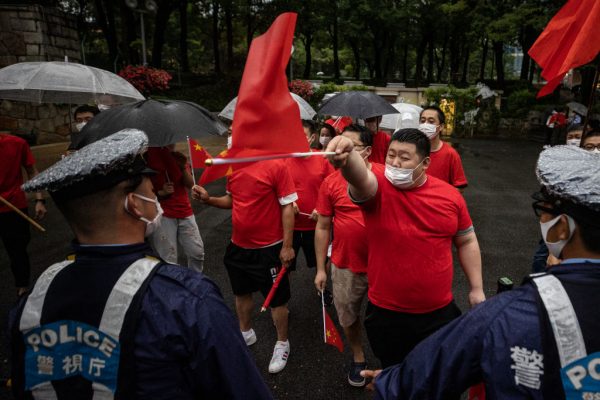
Jiang, who was forced to step down in the early 2000s to maintain the Party’s stability after facing international condemnation for being both the architect and sponsor of the almost-22-year-old persecution of Falun Gong meditation, has not been seen in public since the 2019 funeral of Li Peng. Many China analysts have posited Jiang, along with his cronies and loyalists, have maintained behind-the-scenes control of much of the Party and the country during both Hu and Xi’s reigns.
Analyst firm SinoInsider noted in a June 19 analysis on the lead up to the CCP’s Centennial titled As Pressures Mount, Xi Tries to Tighten Control that Xi has often faced curious criticism from the Party’s propaganda mouthpieces, in addition to difficulties getting his orders and instructions released from the Zhongnanhai leadership compound and into the Party’s command and control organs, a problem that has plagued both Xi and Hu alike.
The article notes on June 1 the Communist Party’s Central Committee tacitly admitted the problem when it released guidelines using the verbiage, “Take the lead in safeguarding the quan wei [prestige and authority] of Party Central and its centralized and unified leadership” in addition to creating a political environment where “leading officials feel that they are under supervision all the time.”
In May, Qiushi, an ideological journal published by the CCP, similarly called on cadres to “More consciously unite around Party Central with Comrade Xi Jinping at the core, and forge ahead in unity.”
“Those unfamiliar with CCP elite politics may consider the above developments to be yet another sign of General Secretary Xi Jinping’s megalomania. But those who closely track factional struggle in the Party elite will note Xi’s long-standing problems with getting officials to properly implement his policies. Particularly obstinate are officials who rose to senior positions during the Jiang Zemin faction’s era of dominance (1997 to 2012) and in Xi’s first years in office,” postulates SinoInsider.
In his speech, Xi sold the public and Party members a story which claims the way forward for China was still by way of the Communist Party he rules, “By learning from history we can understand why powers rise and fall, looking back on the Party’s 100-year history you can see why we were successful in the past. This means we must act with greater resolve and purpose in staying true to our founding mission.”
Xi also called for control over Hong Kong and Macau to be maintained, while simultaneously making it clear he dreams of taking Taiwan through what he euphemistically described as “peaceful unification.”
In a statement heavy with Party rhetoric, Xi said “All Chinese sons and daughters, including compatriots on both sides of the Taiwan Strait, need to work together and move forward in unity to resolutely smash any Taiwanese independence plots, and to collectively create a bright future for national rejuvenation.”
The reality of the comments and the challenges they bring to the free world are brought into focus by Xi’s words when he said the initiative to develop the so-called socialism with Chinese characteristics had “created a new model for human civilization.”
The truth is, Xi faces a personal crisis, one he inherits from the very forefathers of the CCP he naively asks both Party members and common citizens alike to worship. Mao, in addition to creating a mountain of corpses that would make either Hitler or Stalin blush, destroyed the country’s five millennia of traditional culture. Deng brought international shame and notoriety at Tiananmen in 1989 after slaughtering students wholesale. Jiang is responsible not only for setting the 100 million practitioners of Falun Gong and their friends and family members against the government, but a crime which cannot bear the light of day, that of live organ harvesting.
Each of the Party’s sins committed over the course of human history, including today’s global SARS-CoV-2/COVID-19 epidemic, which emerged from the Wuhan Institute of Virology and has caused more than 180 million positive tests and almost 4 million deaths globally, now rest on the shoulders of Chairman Xi.
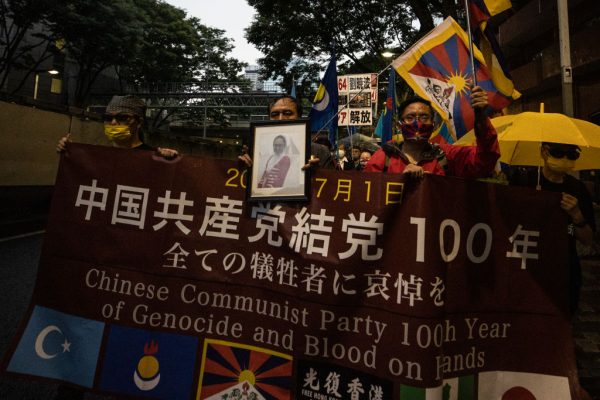
Should a crisis the Party cannot face suddenly emerge, Xi Jinping would be the one finding himself holding the tab before the world’s people.
The risks are real. In January, eight days after Joe Biden’s inauguration as the 46th President of the United States, Politico published an essay penned by an anonymous author and distributed through the Atlantic Council called The Longer Telegram: Toward a New American China Strategy, which advocated for a U.S. strategic policy that focused not on ridding the world of the Chinese Communist Party, but instead on “replacing Xi [Jinping] at the center of its China policy by leveraging splits in the CCP elite.”
For Xi to free himself of the tribulations all the crimes against humanity both he and the Party have committed will bring, he must follow in the footsteps of the nearly 380 million people who have formally withdrawn from the Chinese Communist Party, the Communist Youth League, or the Communist Young Pioneers, groups that all Chinese citizens must swear a vow to dedicate their lives to serve under CCP rule, after the book the Nine Commentaries on the Chinese Communist Party, which exposed the Party’s true history, motives, and modus operandi, was published by Epoch Times in 2003.
Although Xi, in his position as leader of the Communist Party, is forced to toe the red line himself, especially under the circumstance of dueling “Party Centrals” between Zhongnanhai and Jiang’s Shanghai faction, and can only speak publicly within strict rhetorical boundaries, both his and China’s only hope for a genuinely stable future is in following in the footsteps of the leaders of the USSR in 1991 and dissolving the Communist Party.
Because the entire world is waiting for that day, it’s time Xi Jinping gave up his intoxication with his personal power and the naive delusion that a rotten, black CCP has more time on the clock than the century of shame it has already stained the human race with, and instead sacrifice the Party itself and return China to the traditional and upright path.



